Introduction:
Effective from April 1, 2023 (FY 2023-24 & AY 2024-25), the amendment to Section 43B(h) of the Income Tax Act marks a significant step towards ensuring timely payments to Micro and Small Enterprises (MSMEs). This amendment is designed to bolster the financial health of MSMEs, vital contributors to India’s economic growth, Introduction new section 43B(h),
Businesses were waiting for Date extension of this clause but till date no extension is given by the government so you should comply this till 31 March
Read complete Section 43B: Certain deductions to be allowed only on actual payment
43B. Notwithstanding anything contained in any other provision of this Act, a deduction otherwise allowable under this Act in respect of—
(a) any sum payable by the assessee by way of tax, duty, cess or fee, by whatever name called, under any law for the time being in force, or
(b) any sum payable by the assessee as an employer by way of contribution to any provident fund or superannuation fund or gratuity fund or any other fund for the welfare of employees, or
(c) any sum referred to in clause (ii) of sub-section (1) of section 36, or
(d) any sum payable by the assessee as interest on any loan or borrowing from any public financial institution or a State financial corporation or a State industrial investment corporation, in accordance with the terms and conditions of the agreement governing such loan or borrowing, or
(da) any sum payable by the assessee as interest on any loan or borrowing from 53[a deposit taking non-banking financial company or systemically important non-deposit taking non-banking financial company], in accordance with the terms and conditions of the agreement governing such loan or borrowing, or
(e) any sum payable by the assessee as interest on any loan or advances from a scheduled bank or a co-operative bank other than a primary agricultural credit society or a primary co-operative agricultural and rural development bank in accordance with the terms and conditions of the agreement governing such loan or advances, or
(f) any sum payable by the assessee as an employer in lieu of any leave at the credit of his employee, or
(g) any sum payable by the assessee to the Indian Railways for the use of railway assets, 54[or]
Following clause (h) shall be inserted after clause (g) of section 43B by the Finance Act, 2023, w.e.f. 1-4-2024:
(h) any sum payable by the assessee to a micro or small enterprise beyond the time limit specified in section 15 of the Micro, Small and Medium Enterprises Development Act, 2006 (27 of 2006),
shall be allowed (irrespective of the previous year in which the liability to pay such sum was incurred by the assessee according to the method of accounting regularly employed by him) only in computing the income referred to in section 28 of that previous year in which such sum is actually paid by him
Provided that nothing contained in this section 55[[except the provisions of clause(h)]] shall apply in relation to any sum which is actually paid by the assessee on or before the due date applicable in his case for furnishing the return of income under sub-section (1) of section 139 in respect of the previous year in which the liability to pay such sum was incurred as aforesaid and the evidence of such payment is furnished by the assessee along with such return56.
Explanation 1—For the removal of doubts, it is hereby declared that where a deduction in respect of any sum referred to in clause (a) or clause (b) of this section is allowed in computing the income referred to in section 28 of the previous year (being a previous year relevant to the assessment year commencing on the 1st day of April, 1983, or any earlier assessment year) in which the liability to pay such sum was incurred by the assessee, the assessee shall not be entitled to any deduction under this section in respect of such sum in computing the income of the previous year in which the sum is actually paid by him.
Explanation 2.—For the purposes of clause (a), as in force at all material times, “any sum payable” means a sum for which the assessee incurred liability in the previous year even though such sum might not have been payable within that year under the relevant law.
Explanation 3.—For the removal of doubts it is hereby declared that where a deduction in respect of any sum referred to in clause (c) or clause (d) of this section is allowed in computing the income referred to in section 28 of the previous year (being a previous year relevant to the assessment year commencing on the 1st day of April, 1988, or any earlier assessment year) in which the liability to pay such sum was incurred by the assessee, the assessee shall not be entitled to any deduction under this section in respect of such sum in computing the income of the previous year in which the sum is actually paid by him.
Explanation 3A.—For the removal of doubts, it is hereby declared that where a deduction in respect of any sum referred to in clause (e) of this section is allowed in computing the income referred to in section 28 of the previous year (being a previous year relevant to the assessment year commencing on the 1st day of April, 1996, or any earlier assessment year) in which the liability to pay such sum was incurred by the assessee, the assessee shall not be entitled to any deduction under this section in respect of such sum in computing the income of the previous year in which the sum is actually paid by him.
Explanation 3AA.—For the removal of doubts, it is hereby declared that where a deduction in respect of any sum referred to in clause (da) is allowed in computing the income referred to in section 28, of the previous year (being a previous year relevant to the assessment year commencing on the 1st day of April, 2019, or any earlier assessment year) in which the liability to pay such sum was incurred by the assessee, the assessee shall not be entitled to any deduction under this section in respect of such sum in computing the income of the previous year in which the sum is actually paid by him.
Explanation 3B.—For the removal of doubts, it is hereby declared that where a deduction in respect of any sum referred to in clause (f) of this section is allowed in computing the income, referred to in section 28, of the previous year (being a previous year relevant to the assessment year commencing on the 1st day of April, 2001, or any earlier assessment year) in which the liability to pay such sum was incurred by the assessee, the assessee shall not be entitled to any deduction under this section in respect of such sum in computing the income of the previous year in which the sum is actually paid by him.
Explanation 3C.—For the removal of doubts, it is hereby declared that a deduction of any sum, being interest payable under clause (d) of this section, shall be allowed if such interest has been actually paid and any interest referred to in that clause which has been converted into a loan or borrowing 57[or debenture or any other instrument by which the liability to pay is deferred to a future date] shall not be deemed to have been actually paid.
Explanation 3CA.—For the removal of doubts, it is hereby declared that a deduction of any sum, being interest payable under clause (da), shall be allowed if such interest has been actually paid and any interest referred to in that clause which has been converted into a loan or borrowing 57[or debenture or any other instrument by which the liability to pay is deferred to a future date] shall not be deemed to have been actually paid.
Explanation 3D.—For the removal of doubts, it is hereby declared that a deduction of any sum, being interest payable under clause (e) of this section, shall be allowed if such interest has been actually paid and any interest referred to in that clause which has been converted into a loan or advance 57[or debenture or any other instrument by which the liability to pay is deferred to a future date] shall not be deemed to have been actually paid.
Explanation 4.—For the purposes of this section,—
(a) “public financial institutions” shall have the meaning assigned to it in section 4A58 of the Companies Act, 1956 (1 of 1956);
(aa) “scheduled bank” shall have the meaning assigned to it in the Explanation to clause (iii) of sub-section (5) of section 11;
(b) “State financial corporation” means a financial corporation established under section 3 or section 3A or an institution notified under section 46 of the State Financial Corporations Act, 1951 (63 of 1951);
(c) “State industrial investment corporation” means a Government company within the meaning of section 61759 of the Companies Act, 1956 (1 of 1956), engaged in the business of providing long-term finance for industrial projects and eligible for deduction under clause (viii) of sub-section (1) of section 36;
(d) “co-operative bank”, “primary agricultural credit society” and “primary co-operative agricultural and rural development bank” shall have the meanings respectively assigned to them in the Explanation to sub-section (4) of section 80P;
(e) “deposit taking non-banking financial company” means a non-banking financial company which is accepting or holding public deposits and is registered with the Reserve Bank of India under the provisions of the Reserve Bank of India Act, 1934 (2 of 1934);
Following clause (e) shall be substituted for the existing clause (e) of Explanation 4 to section 43B by the Finance Act, 2023, w.e.f. 1-4-2024:
(e) “micro enterprise” shall have the meaning assigned to it in clause (h) of section 2 of the Micro, Small and Medium Enterprises Development Act, 2006 (27 of 2006);
(f) “non-banking financial company” shall have the meaning assigned to it in clause (f) of section 45-I of the Reserve Bank of India Act, 1934 (2 of 1934);
(g) “systemically important non-deposit taking non-banking financial company” means a non-banking financial company which is not accepting or holding public deposits and having total assets of not less than five hundred crore rupees as per the last audited balance sheet and is registered with the Reserve Bank of India under the provisions of the Reserve Bank of India Act, 1934 (2 of 1934).
Following clause (g) shall be substituted for the existing clause (g) of Explanation 4 to section 43B by the Finance Act, 2023, w.e.f. 1-4-2024:
(g) “small enterprise” shall have the meaning assigned to it in clause (m) of section 2 of the Micro, Small and Medium Enterprises Development Act, 2006 (27 of 2006).
60[Explanation 5.—For the removal of doubts, it is hereby clarified that the provisions of this section shall not apply and shall be deemed never to have been applied to a sum received by the assessee from any of his employees to which the provisions of sub-clause (x) of clause (24) of section 2 applies.]
So Section 43B of the Income Tax Act deals with certain deductions to be made only on actual payment basis and gave time till the date of filing of Income Tax Return but in case of MSME there is exception in law
Understanding Section 43B(h)
Section 43B(h) mandates that any sum payable by the assessee to a Micro & Small Enterprise beyond the time limit specified in Section 15 of the MSMED Act shall be allowed only in computing the income of the previous year in which the sum has been actually paid.
Applicability of Clause (h) of Section 43B
Clause (h) of Section 43B applies when an enterprise purchases goods or avails services from an enterprise registered under the MSMED Act, 2006. Notably, registration of the buyer under the MSMED Act is not mandatory. This clause comes into effect from April 1, 2023.
Definition of Micro & Small Enterprises:
Composite Criteria: Investment in Plant & Machinery/equipment and Annual Turnover
| CLASSIFICATION | MICRO | SMALL | MEDIUM |
|---|---|---|---|
| Manufacturing Enterprises and Enterprises rendering Services | Investment in Plant and Machinery or Equipment: Not more than Rs.1 crore and Annual Turnover: not more than Rs. 5 crore | Investment in Plant and Machinery or Equipment: Not more than Rs.10 crore and Annual Turnover : not more than Rs. 50 crore | Investment in Plant and Machinery or Equipment: Not more than Rs.50 crore and Annual Turnover: not more than Rs. 250 crore |
Micro Enterprises, as per the MSMED Act, have investments in plant & machinery not exceeding 1 Crore and turnover not exceeding 5 Crores.
Small Enterprises, on the other hand, have investments not exceeding 10 Crores and turnover not exceeding 50 Crores.
Payment Timelines for Micro & Small Suppliers
Enterprises are required to make payments to Micro & Small suppliers within 15 or 45 days, depending on the presence of a written agreement. In the absence of a written agreement, payment should be made within 15 days. If there is a written agreement, payment shall be made as per the agreed-upon timeline, not exceeding 45 days.

Impact on Taxable Income
Failure to make payments to Micro & Small Enterprises within the specified time frame leads to the amount becoming taxable income for the assessee in the previous year of non-payment. The deduction is allowed only in the year when the payment is made. Non-compliance may also result in compound interest obligations to the supplier at three times the RBI-notified Bank Interest.
Interest Expense and Section 37
Interest incurred for delayed payment to Micro & Small Enterprises is considered penal interest and is disallowed under Section 37 of the Income Tax Act. The enterprise is obligated to pay compound interest at monthly rests, even if not demanded by the supplier.
Practical Examples
Consider a scenario where A sells goods to B on July 1, 2023. B makes the payment on February 1, 2024, which is after the allowed 45 days but before March 31, 2024. According to the Income Tax Act, the payment is allowed in the previous year 2023-24. However, B must pay compound interest to A at three times the RBI Bank Rate from the due date till the payment date. This interest expense is disallowed while computing income under the PGBP head.
More In depth Examples for clarity
| Example | InvoiceDate | Payment Days | Due Date as Per Agreement | Due Date as perMSMED Act | Actual paymentDate | Deduction Allowable in F.Y. |
| 1 | 01-01-2024 | no Agreement | N.A. | 15-01-2024 | 10-01-2024 | 2023-24 |
| 2 | 01-01-2024 | no Agreement | N.A. | 15-01-2024 | 25-03-2024 | 2023-24 |
| 3 | 01-01-2024 | no Agreement | N.A. | 15-01-2024 | 10-04-2024 | 2024-25 |
| 4 | 20-03-2024 | no Agreement | N.A. | 03-04-2024 | 30-03-2024 | 2023-24 |
| 5 | 20-03-2024 | no Agreement | N.A. | 03-04-2024 | 02-04-2024 | 2023-24 |
| 6 | 20-03-2024 | no Agreement | N.A. | 03-04-2024 | 10-04-2024 | 2024-25 |
| 7 | 01-01-2024 | 30 Days | 30-01-2024 | 30-01-2024 | 25-01-2024 | 2023-24 |
| 8 | 01-01-2024 | 30 Days | 30-01-2024 | 30-01-2024 | 25-03-2024 | 2023-24 |
| 9 | 01-01-2024 | 30 Days | 30-01-2024 | 30-01-2024 | 10-04-2024 | 2024-25 |
| 10 | 20-03-2024 | 30 Days | 18-04-2024 | 18-04-2024 | 30-03-2024 | 2023-24 |
| 11 | 20-03-2024 | 30 Days | 18-04-2024 | 18-04-2024 | 15-04-2024 | 2023-24 |
| 12 | 20-03-2024 | 30 Days | 18-04-2024 | 18-04-2024 | 25-04-2024 | 2024-25 |
| 13 | 01-01-2024 | 45 Days | 14-02-2024 | 14-02-2024 | 25-01-2024 | 2023-24 |
| 14 | 01-01-2024 | 45 Days | 14-02-2024 | 14-02-2024 | 25-03-2024 | 2023-24 |
| 15 | 01-01-2024 | 45 Days | 14-02-2024 | 14-02-2024 | 10-04-2024 | 2024-25 |
| 16 | 20-03-2024 | 45 Days | 03-05-2024 | 03-05-2024 | 30-03-2024 | 2023-24 |
| 17 | 20-03-2024 | 45 Days | 03-05-2024 | 03-05-2024 | 15-04-2024 | 2023-24 |
| 18 | 20-03-2024 | 45 Days | 03-05-2024 | 03-05-2024 | 25-05-2024 | 2024-25 |
Watch this video for easy understanding
6 Cases when this rule is not applicable:
- If you are filing your ITR under section 44AD
- If your Creditors are Traders
- If your Creditor is not registered under MSME
- IF Your Creditor is Medium Enterprise
- IF you bought Fixed assets or capital goods from a creditor
- Not applicable on Opening Creditors
How to Check MSME status of creditors
Watch below video to know
Conclusion
Section 43B(h) underscores the importance of timely payment obligations to Micro & Small Enterprises, fostering a conducive environment for their sustenance and growth. Adherence to specified payment periods is critical for both buyers and sellers in the MSME sector to navigate the tax landscape effectively. Non-compliance may lead to disallowances, impacting taxable income and incurring additional compound interest obligations. Understanding these implications is essential for businesses to nurture a healthy and compliant environment within the MSME sector.
Visit www.cagurujiclasses.com for practical courses


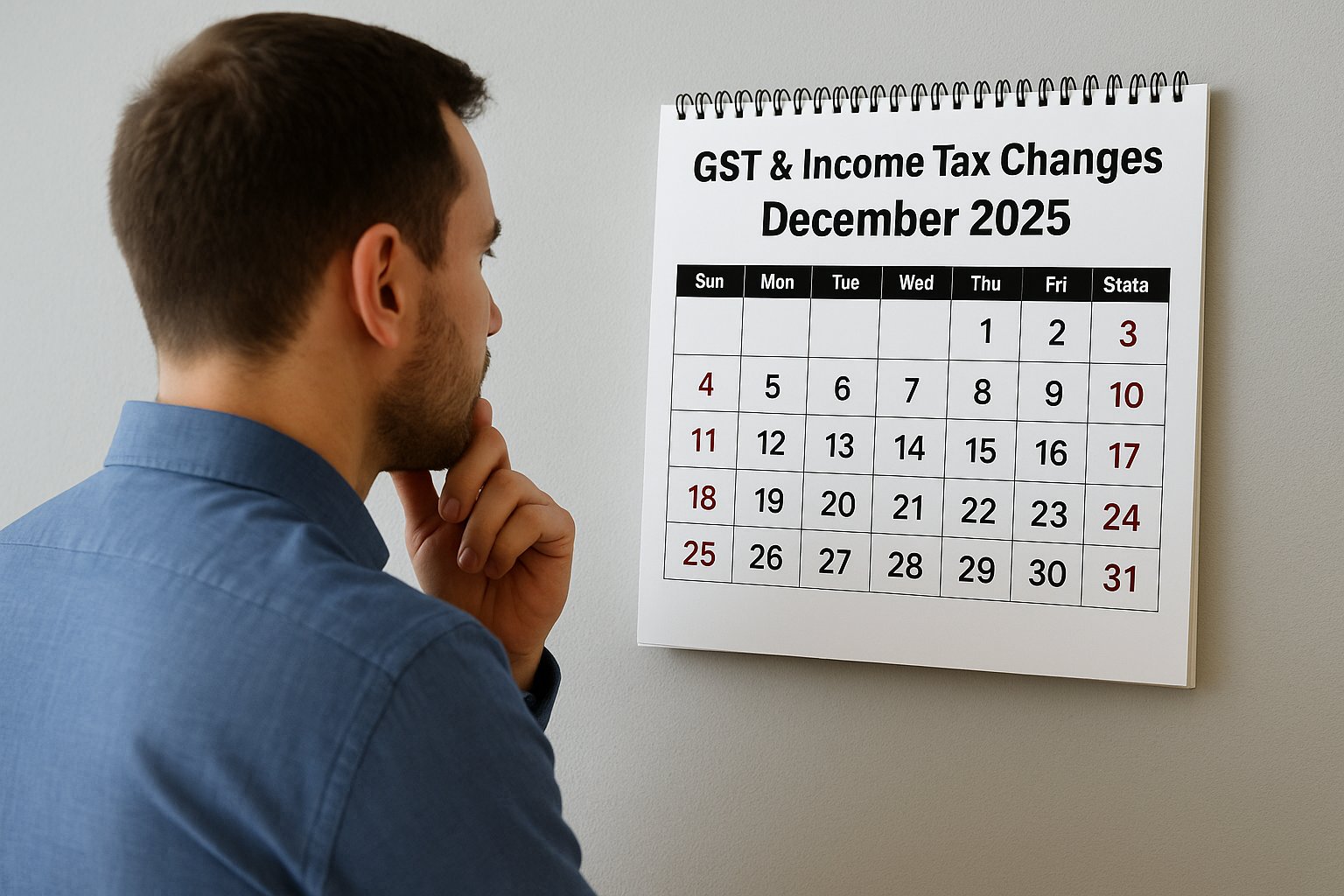

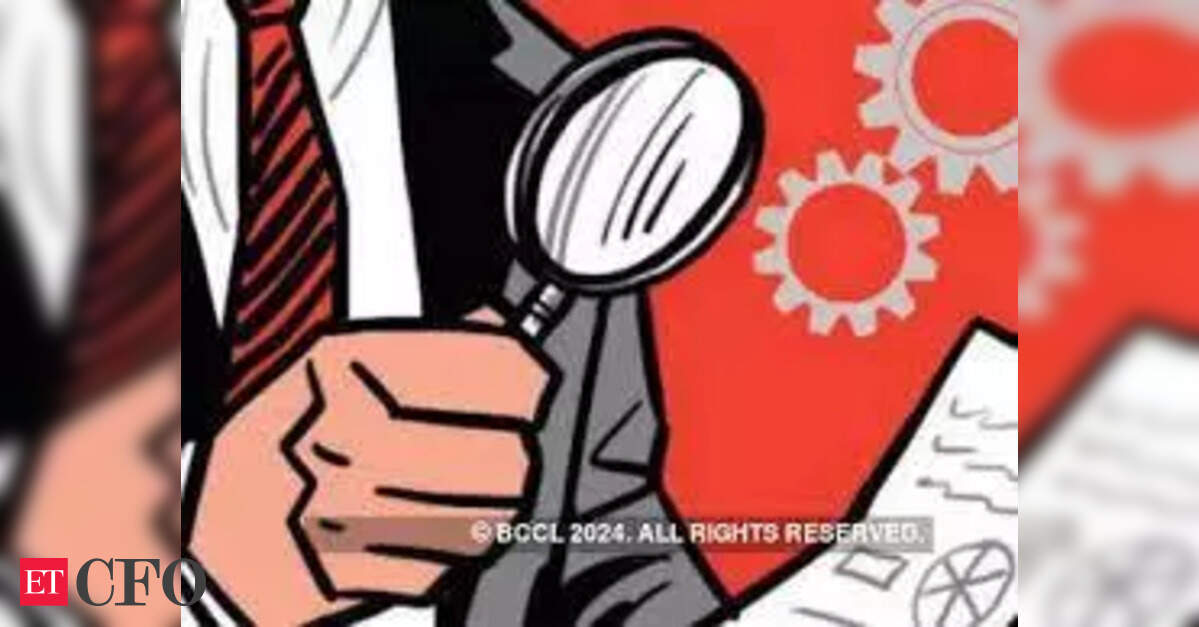

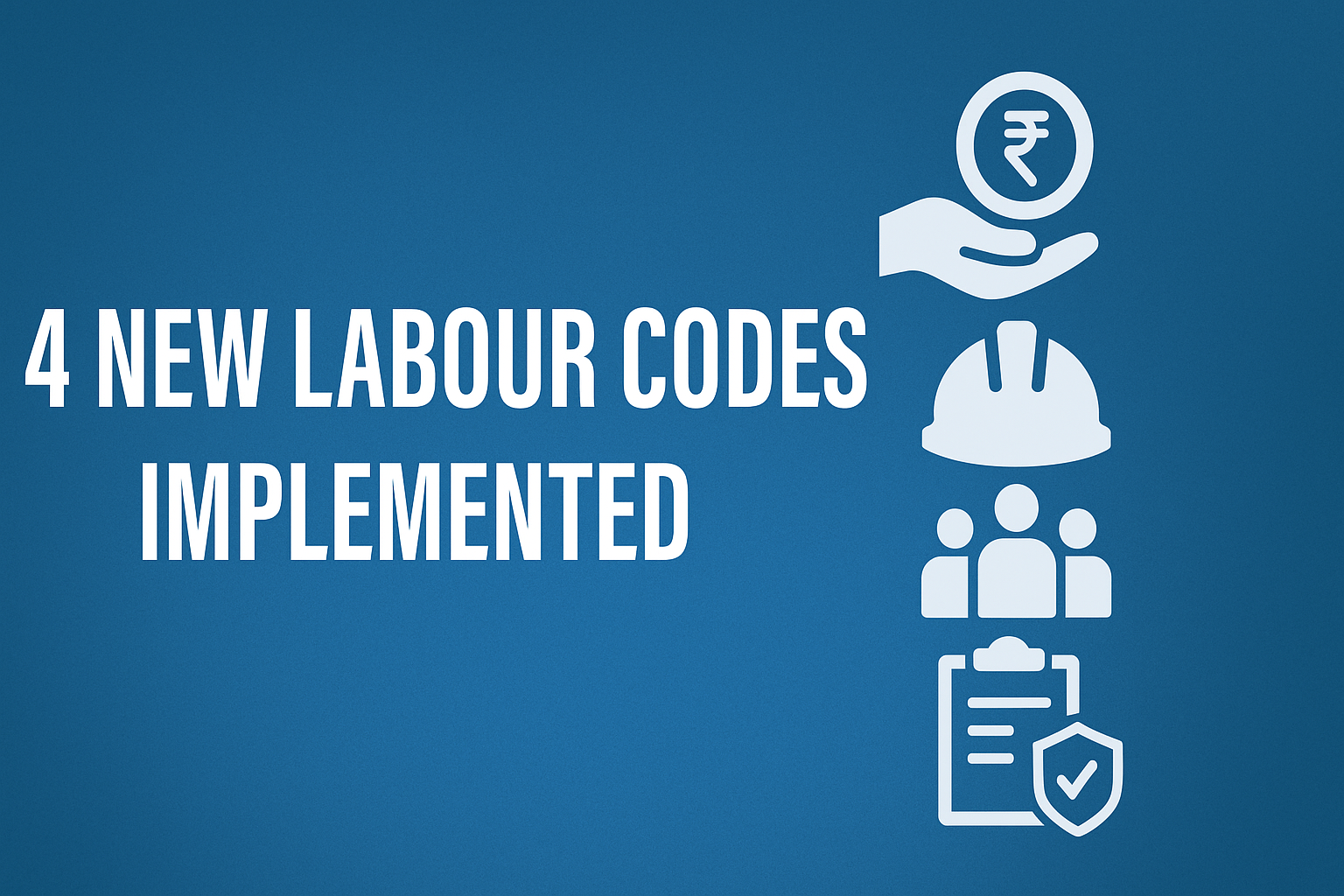



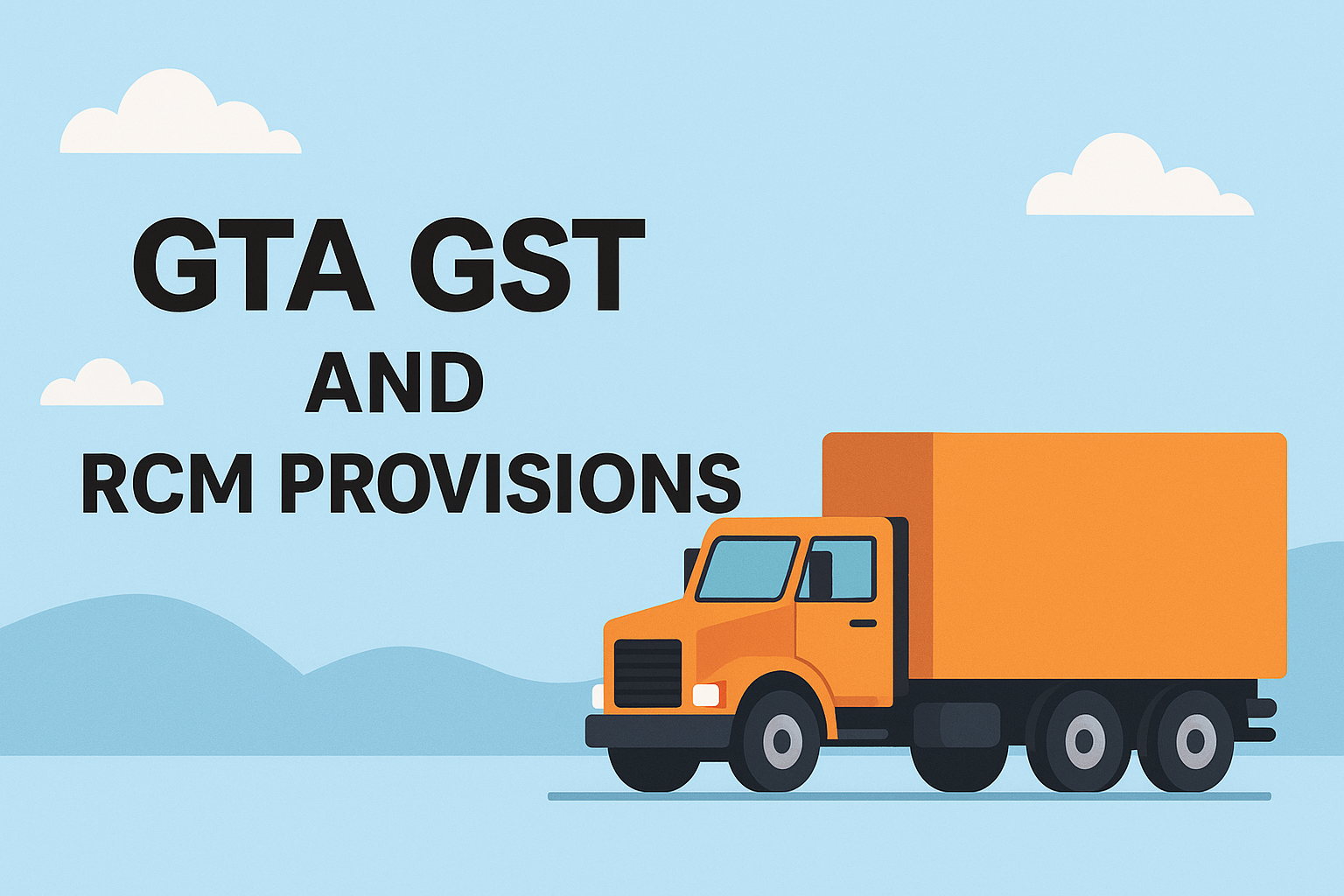
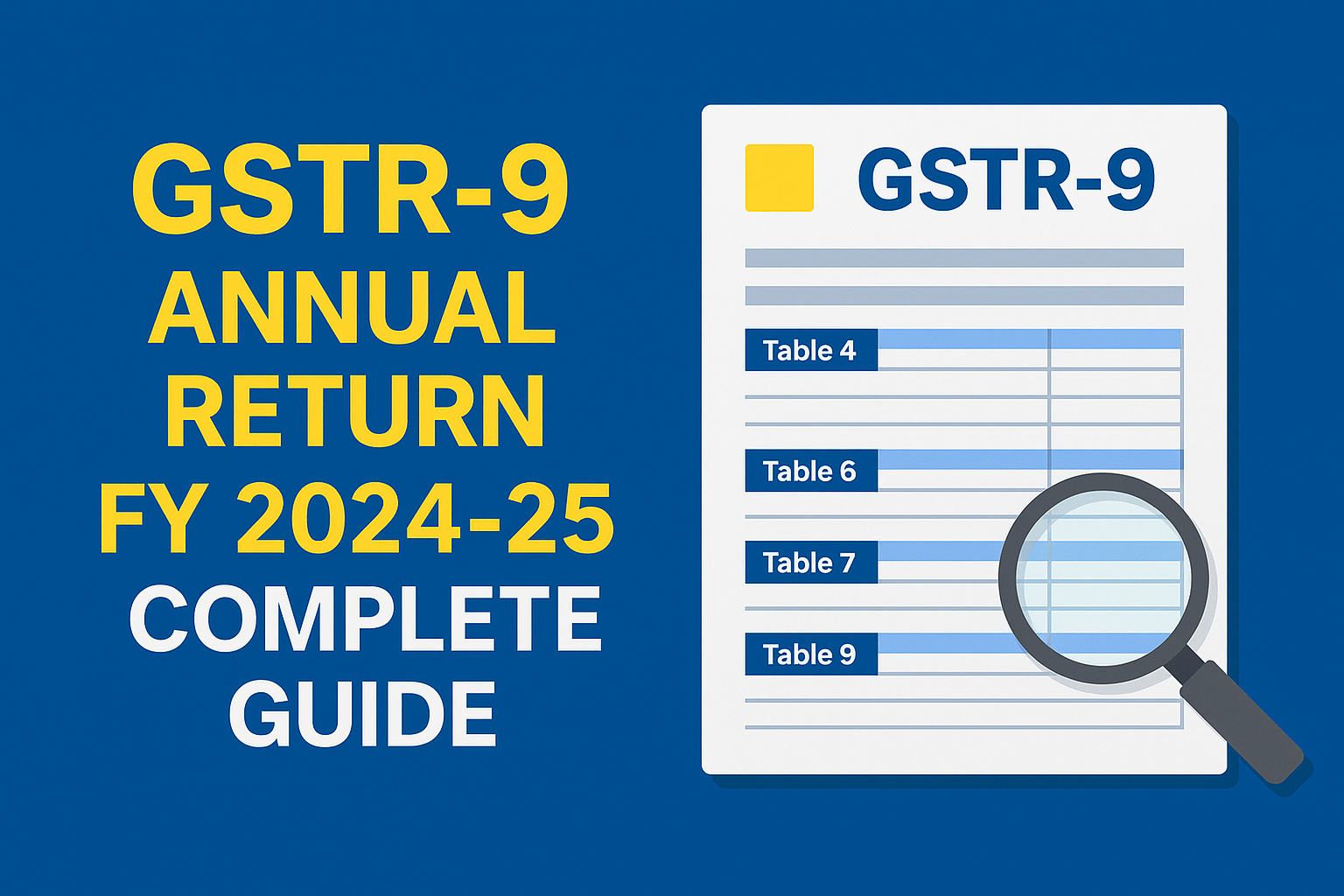
Due payment can’t be an income If it is considered as an income then .Then stock in hand should be considered as loss .
If traders have to pay income tax on due payment considering it as income as it is said in section 43 B (h) then how traders manage to make payment further .?
effect will be in Computation of Income and not in P&L or in Balance Sheet.
If due payment is consider as taxable income then stock in hand and payment receivables by traders should be considered as loss
Yes absolutely right
This is one sided rule made.
Who suggest to make such type of rules.
When payment is not released from debtors how one can make payments to creditors.
Govt should give interest free loans to businesses for clearing creditors.
effect will be in Computation of Income and not in P&L or in Balance Sheet.
✅ Rightly said
Informative article.good
Saari umre hum mar mar ke ji liye ek pal Hume ji lene do. Jab jab vyapar me growth hoti hai tab tab finance ministry speed breaker ka kaam karti hai micro small and medium me nahi aana hai to chai samosa aalo poha beche yahi sarkar ki mancha hai
Deduction Allowable in F.Y. table in 18th Point
Date of Invoice – 20-03-2024
Agreement Time Limit – 45 days
Due date as per agreement – 03-05-2024
Due date as per MSME act – 03-05-2024
Actual payment date – 25-04-2024
So, why this payment is not allowed in F.Y. 23-24, In your table shows in F.Y. 24-25 in deduction allowed.
Yes absolutely right
This is one sided rule made.
Who suggest to make such type of rules.
When payment is not released from debtors how one can make payments to creditors.
Govt should give interest free loans to businesses for clearing creditors.
This rule is welcome as it ensures financial safety to MSMEs. However, It’s below our expectation as it does not cover small and medium traders. Traders who do trade business primarily by borrowings from friends, relatives, market and banks.
The small and medium traders are the worst sufferer in present scenario.
FM should understand their pain aswell.